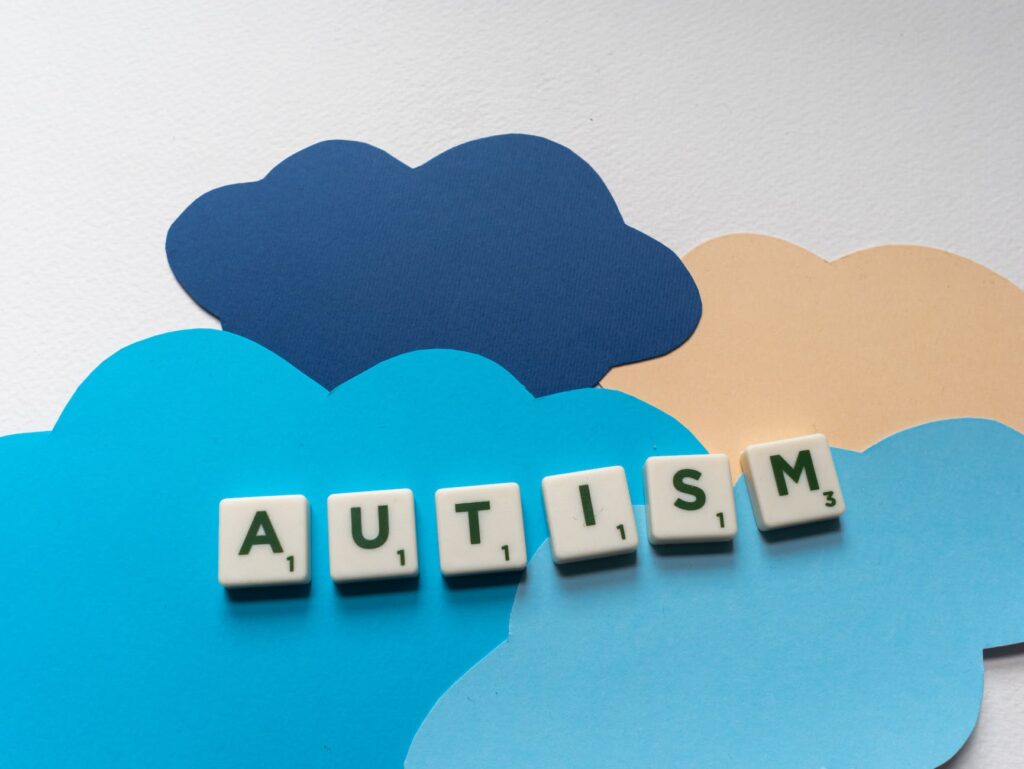
Introduction
Autism is a lifelong neurodevelopmental condition that shapes the experiences of individuals from childhood through adulthood and beyond. Navigating the challenges and celebrating the strengths of individuals with autism across the lifespan is essential for promoting their well-being and fostering a more inclusive society. In this blog, Dr. Michael Hilton will explore the journey of autism across different stages of life, highlighting the challenges faced and the unique strengths exhibited by individuals with autism.
1: Early Childhood and Diagnosis
In early childhood, the signs of autism may start becoming evident, and early intervention becomes crucial. Timely diagnosis allows for access to tailored support and therapies, such as speech and occupational therapy, to address communication and developmental challenges. Families play a vital role during this stage in providing a supportive and nurturing environment for the child with autism.
2: School Years and Inclusive Education
During the school years, inclusive education plays a significant role in the lives of individuals with autism. Inclusive classrooms provide a supportive environment where students with autism can learn alongside their neurotypical peers, promoting social interactions and a sense of belonging. Teachers and educators are instrumental in implementing individualized education plans (IEPs) and accommodations to support the learning needs of students with autism.
3: Adolescence and Transition to Adulthood
Adolescence marks a period of transition for individuals with autism. This phase may present unique challenges, such as navigating social dynamics and increasing independence. Transition planning becomes vital to prepare individuals with autism for adulthood. Vocational training, employment support, and social skills training are essential to empower them to achieve their goals and aspirations.
4: Adulthood and Independent Living
In adulthood, individuals with autism may pursue higher education, enter the workforce, or engage in meaningful activities that align with their interests and strengths. Some individuals may choose to live independently, while others may benefit from supported living arrangements. Providing appropriate resources and accommodations ensures that individuals with autism can lead fulfilling and independent lives.
5: Strengths and Unique Abilities
Throughout the lifespan, individuals with autism exhibit unique strengths and abilities. Many have remarkable attention to detail, exceptional memory, and a deep focus on specific interests. Celebrating these strengths and recognizing the diverse talents of individuals with autism contribute to a more inclusive and accepting society that values neurodiversity.
6: Challenges and Support Systems
Individuals with autism also face challenges across their lifespans. These challenges can include difficulties with social interactions, sensory sensitivities, and communication. Establishing robust support systems, including family support, therapeutic interventions, community resources, and advocacy efforts, helps individuals with autism navigate these challenges and build resilience.
7: Advocacy and Empowerment
Empowering individuals with autism involves promoting self-advocacy and providing opportunities for meaningful participation in decision-making processes that affect their lives. Through self-advocacy and support from their families and communities, individuals with autism can shape their future, make informed choices, and pursue their aspirations.
Conclusion
Autism is a journey that spans across the lifespan, presenting both challenges and strengths. Embracing the diversity of individuals with autism and providing appropriate support and resources at each stage of life are crucial for fostering a society that values and celebrates neurodiversity. By understanding and celebrating the unique strengths and abilities of individuals with autism, we create a more inclusive and supportive world that embraces the potential of every individual, regardless of their neurodevelopmental differences.